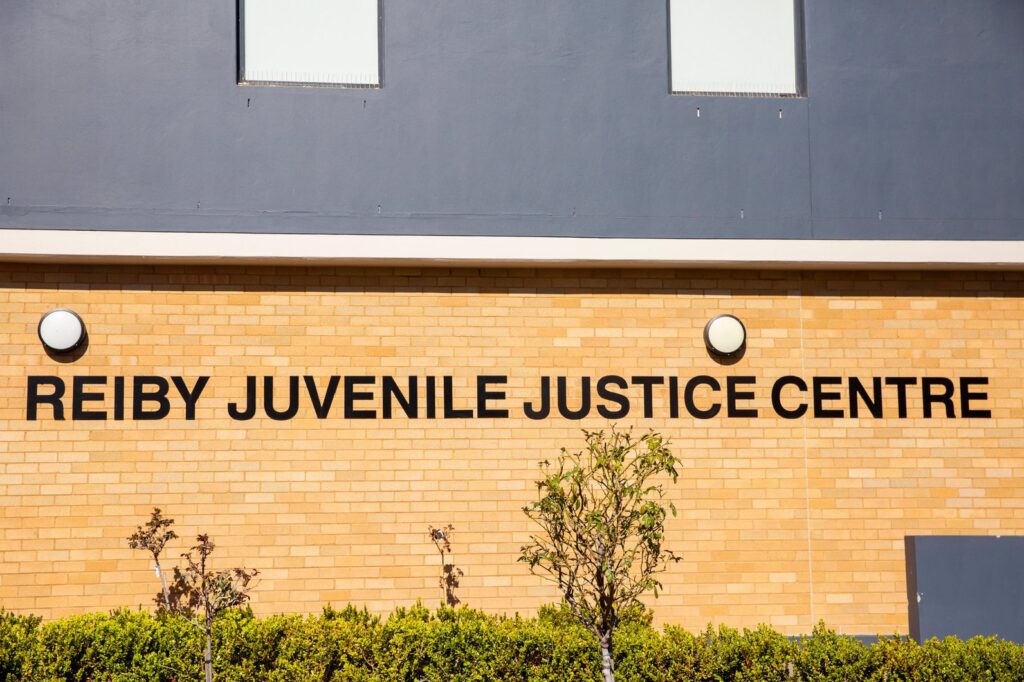Reiby Juvenile Justice Centre is one of NSW’s most notorious youth detention facilities. Throughout the 1990s and early 2000s, adult employees committed shocking acts of physical violence and sexual abuse against young people in their care. They thought that they were above the law, that nobody would listen to the victims and that they could do whatever they wanted.
It was not until recent years that the true extent of the abuse perpetrated at Reiby finally became public knowledge, with a string of arrests and convictions in relation to offences committed within the facility. In this article, we reveal some of the shocking crimes perpetrated at Reiby and expose some of the individuals responsible.
Are you a survivor of abuse in Reiby or other youth detention centres? Click here to share your story with us. You may be eligible for compensation.
Following the Royal Commission into Institutional Child Abuse, the NSW Police formed ‘Strikeforce Redcliffe’ to investigate allegations of sexual abuse at Reiby. Since that time, 3 female officers have been convicted of sexual offences against young people in Reiby; Nadia Khalil, Katherine Asiminaris and Salote Takaiwai.
A fourth female worker, Catherine McKeehan, had already been blocked from re-registering as a psychologist after she commenced an emotional relationship with a 15-year-old inmate at Reiby, which progressed to a sexual relationship upon his release at the age of 16.
Katherine Asiminaris was sentenced to 3 years in gaol in 2020 for having sexual intercourse with a 15-year-old Reiby detainee. In sentencing Asiminaris, Judge Sarah Huggett found that she had shown no signs of remorse for the abuse and had instead tried to blame the teenager for what happened, despite being an ‘intelligent person’ who knew the relationship was ‘prohibited’.
Nadia Khalil is perhaps the most notorious Reiby offender. In 2021, she was sentenced to 12 years gaol for perpetrating 20 sexual offences upon six underaged detainees in Reiby. Many other ex-Reiby residents have made further allegations against Khalil, who continues to maintain her innocence, despite these convictions. In 2023, Khalil’s conduct was the subject of an ABC 7.30 report investigation, which was warmly welcomed by Kelso Lawyer’s founder, Peter Kelso.
However, it is not only women who perpetrated abuse at Reiby; allegations of sexual abuse and extreme physical violence have also been made against a number of male officers. Many such officers used ‘strip searches’ or other similar procedures to take advantage of underaged detainees or else misused their authority to isolate young people in their cells to carry out physical and/or sexual assaults.
If you were abused in Reiby or other youth detention centres, we want to hear from you. We will fight for you. Click here to share your story, or call us on (02) 4907 4200.
Image: Pixabay





